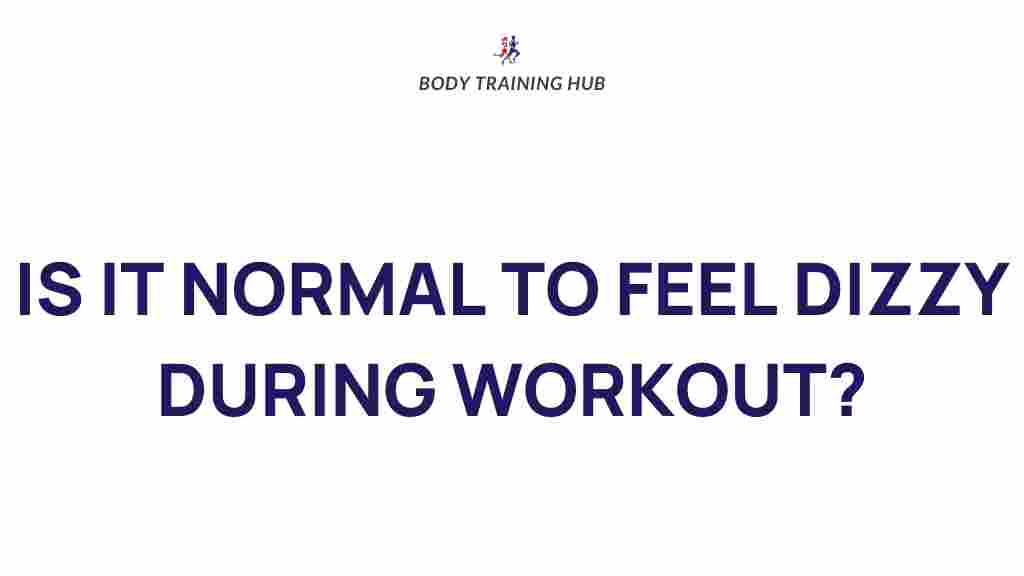Dizziness During Workouts: Understanding the Symptoms, Causes, and Prevention
For many fitness enthusiasts, dizziness during workouts can be a perplexing and concerning experience. While exercise is essential for maintaining overall health and fitness, it is crucial to understand why dizziness may occur during physical activity. This article aims to unravel the mystery behind dizziness, exploring its symptoms, causes, and prevention strategies to ensure your workouts remain safe and effective.
Understanding Dizziness
Dizziness is a term that encompasses a range of sensations, including lightheadedness, unsteadiness, and a feeling of faintness. It can be a disorienting experience that may impact your ability to continue exercising. Understanding the symptoms of dizziness is the first step in addressing the issue.
- Lightheadedness: A sensation of feeling faint or as if you might pass out.
- Unsteadiness: A feeling of being off-balance or wobbly.
- Spinning sensation (vertigo): The feeling that you or your surroundings are moving when they are not.
- Nausea: A queasy feeling that often accompanies dizziness.
Common Causes of Dizziness During Workouts
Recognizing the potential causes of dizziness during exercise is crucial for prevention and management. Here are some common reasons why you might experience dizziness during workouts:
- Dehydration: Insufficient fluid intake can lead to a drop in blood volume, resulting in dizziness.
- Low Blood Sugar: Exercising without proper nutrition can cause blood sugar levels to fall, leading to dizziness.
- Overexertion: Pushing your body too hard without adequate conditioning can lead to fatigue and dizziness.
- Medication Side Effects: Certain medications can cause dizziness as a side effect, especially when combined with exercise.
- Inner Ear Issues: Problems related to the inner ear, which regulates balance, can lead to feelings of dizziness during activity.
- Postural Hypotension: A sudden drop in blood pressure when standing up can trigger dizziness during workouts.
Step-by-Step Process for Managing Dizziness During Workouts
If you experience dizziness during workouts, follow these steps to manage the situation effectively:
1. Stop and Assess
As soon as you feel dizzy, stop your workout immediately. Take a moment to assess how you feel. Sit or lie down until the sensation passes.
2. Hydrate
If you suspect dehydration, drink water or a sports drink to replenish lost fluids and electrolytes.
3. Check Your Nutrition
Evaluate your pre-workout meal. Ensure that you’re eating a balanced meal with carbohydrates and protein approximately 1-2 hours before exercising.
4. Monitor Your Intensity
Adjust the intensity of your workout. If you’re pushing too hard, consider lowering the intensity until you build up your fitness level.
5. Rest and Recover
Allow your body some time to recover. If dizziness persists, consider taking a break from intense workouts until you consult a healthcare professional.
Preventing Dizziness During Workouts
Preventing dizziness during workouts is possible with the right strategies. Here are some tips to help you stay safe while exercising:
- Stay Hydrated: Drink plenty of water before, during, and after your workouts to prevent dehydration.
- Eat Well: Fuel your body with a balanced diet rich in carbohydrates, proteins, and healthy fats. Avoid exercising on an empty stomach.
- Warm Up and Cool Down: Always incorporate warm-up and cool-down exercises to prepare your body and reduce the risk of dizziness.
- Know Your Limits: Be aware of your fitness level and don’t push yourself beyond your capabilities. Gradually increase the intensity of your workouts.
- Consult with a Professional: If you frequently experience dizziness during workouts, consider consulting a doctor or a fitness professional for personalized advice.
When to Seek Medical Attention
While occasional dizziness may not be a cause for concern, there are times when it’s essential to seek medical attention. Consider reaching out to a healthcare professional if you experience:
- Dizziness that persists even after resting.
- Severe headaches or migraines accompanying dizziness.
- Visual disturbances, such as blurred or double vision.
- Chest pain or shortness of breath.
- Neurological symptoms, such as weakness, numbness, or difficulty speaking.
Troubleshooting Tips for Dizziness During Workouts
If you’re consistently experiencing dizziness during workouts, here are some troubleshooting tips to help you identify and address the issue:
- Keep a Workout Journal: Document your workouts, including the intensity, duration, and any symptoms experienced. This can help identify patterns.
- Take Note of Your Environment: Consider if environmental factors such as heat or altitude could be contributing to your dizziness.
- Evaluate Your Breathing: Ensure you’re breathing properly during workouts. Hyperventilation can lead to dizziness.
- Stay Mindful of Medication: Review any medications you’re taking and consult with your doctor about potential side effects related to exercise.
Conclusion
Dizziness during workouts can be a troubling experience, but understanding its symptoms, causes, and prevention strategies can help you manage it effectively. By staying hydrated, eating well, and listening to your body, you can minimize the risk of dizziness and continue to enjoy your fitness journey.
If dizziness persists or worsens, it’s essential to consult with a healthcare professional for further evaluation. Remember, your health and safety should always come first when it comes to fitness.
For more tips on maintaining your health during workouts, check out our comprehensive guide on fitness safety.
For additional reading on dizziness and its health implications, visit the Mayo Clinic website for expert information.
This article is in the category Myths & Facts and created by BodyTraining Team
